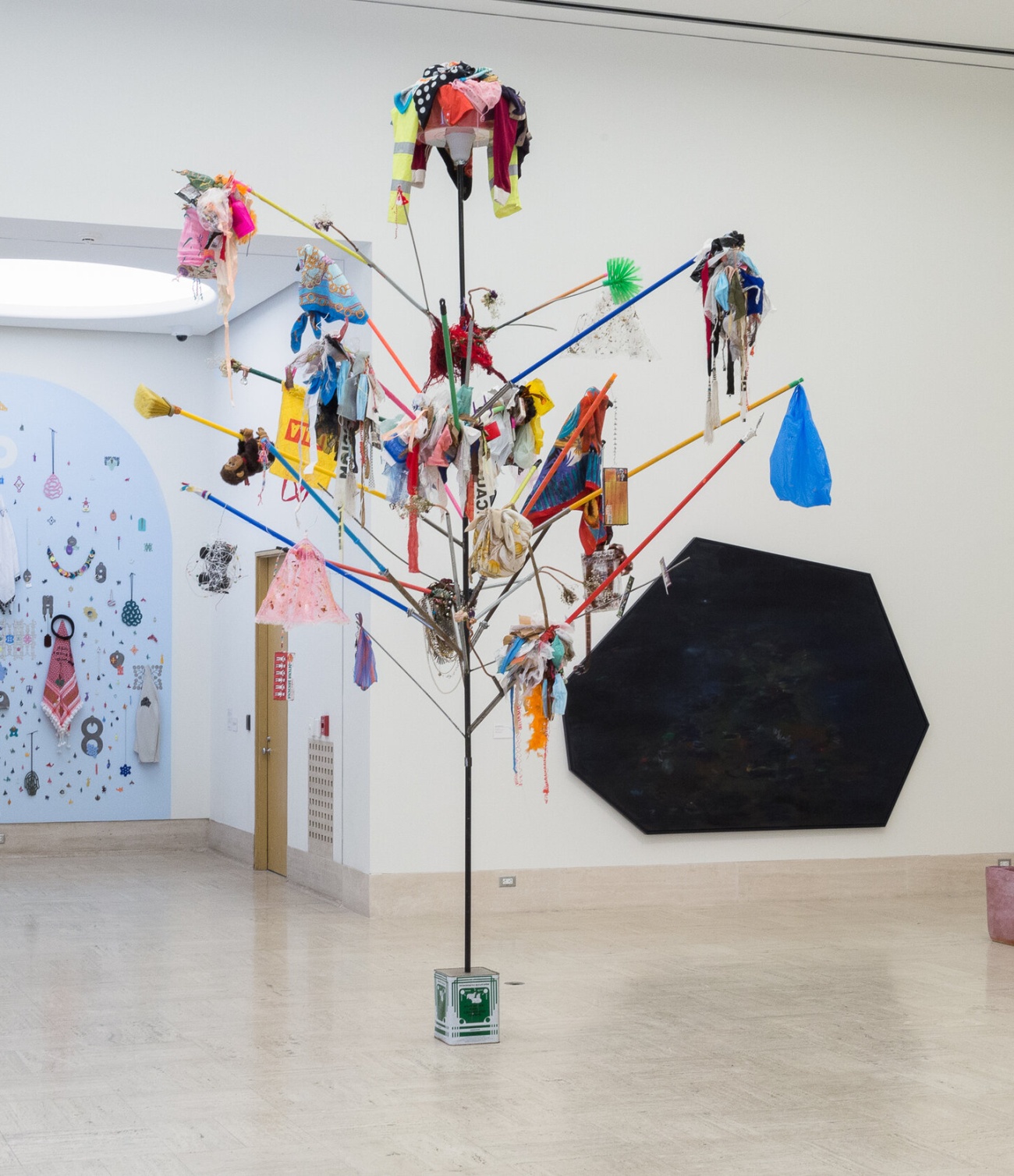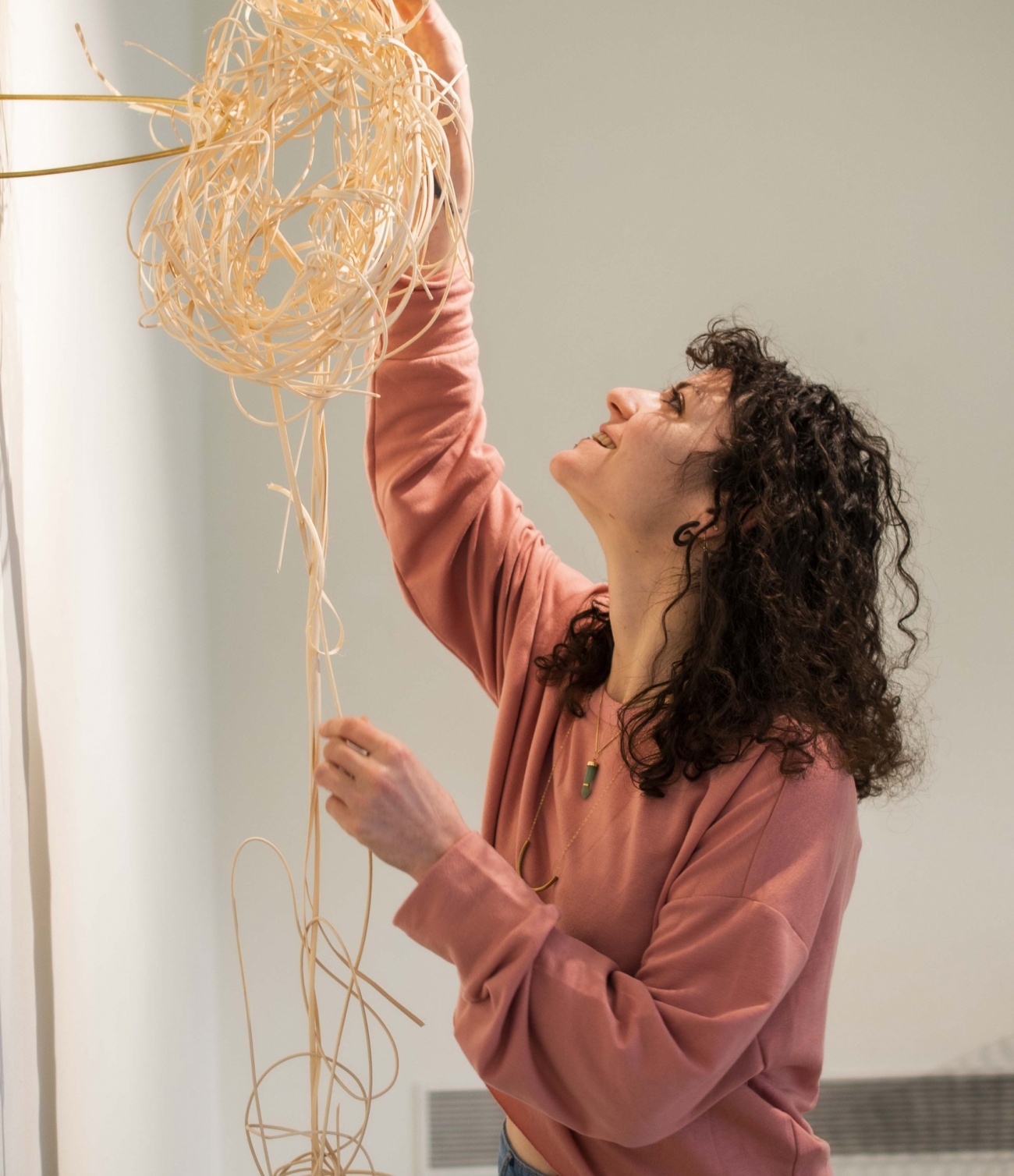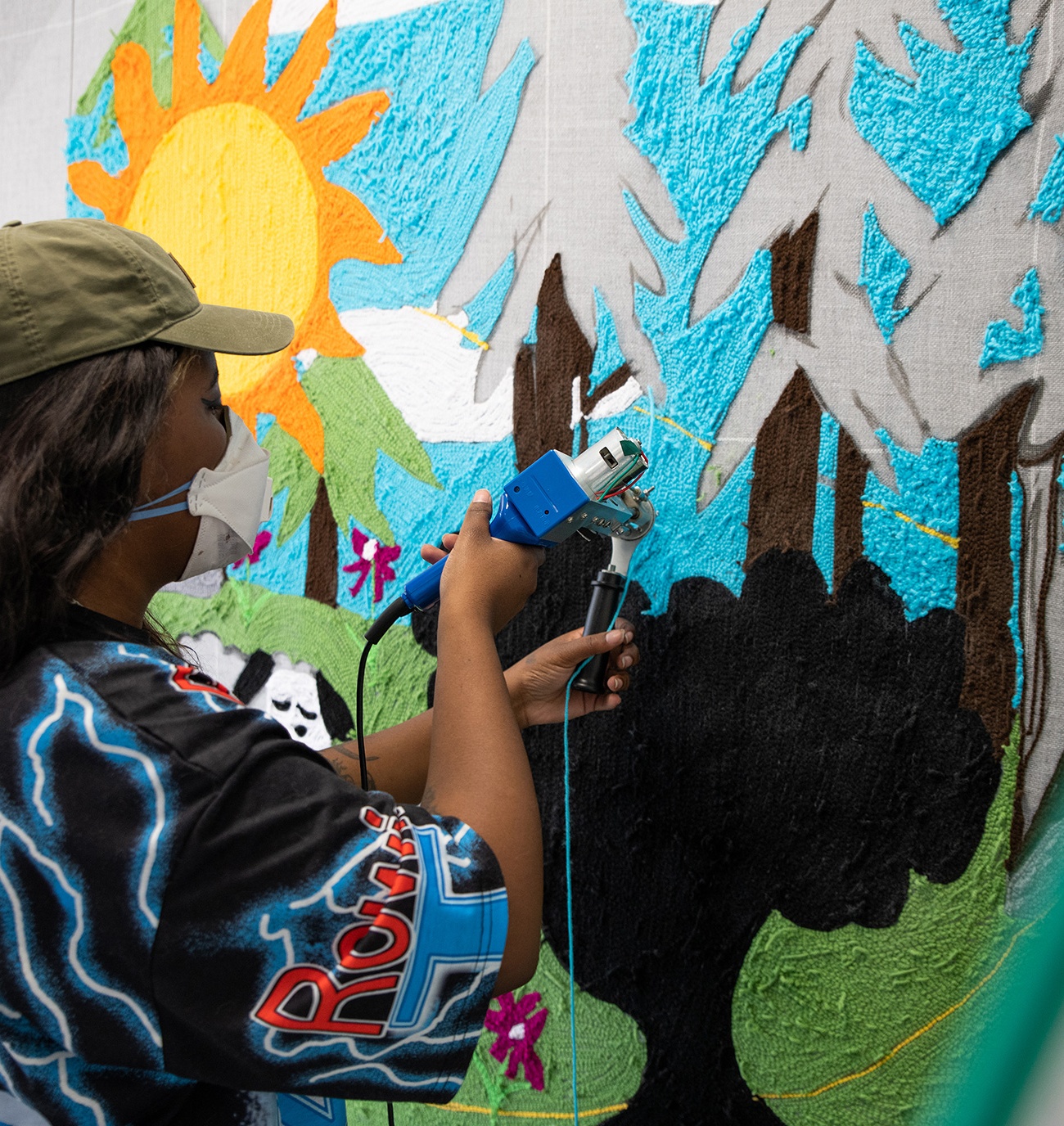At its core, Cranbrook is a truly radical experiment that hinges on the belief that extraordinary things can happen when people are given time and space to explore their work in a supportive and inclusive community.
Each program is led by a full-time Artist, Designer, or Architect-in-Residence who is the sole faculty member and head of the program. Each program has an enrollment of approximately 15 students, who are selected by the Artist-in-Residence.
The 10 programs shape the rhythm of the Academy. In many ways, each program is its own unit, with an individualized calendar of activities, a roster of guest artists and critics, travel opportunities, program reading and discussion groups, and other special projects. Students are full-time active members of their programs, contributing to and developing the program and dialog from within.


